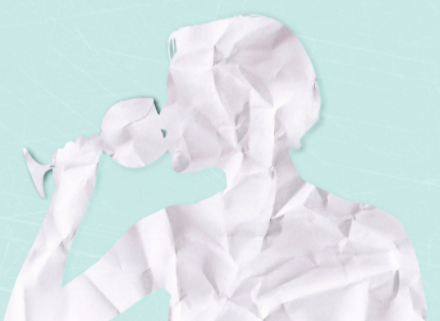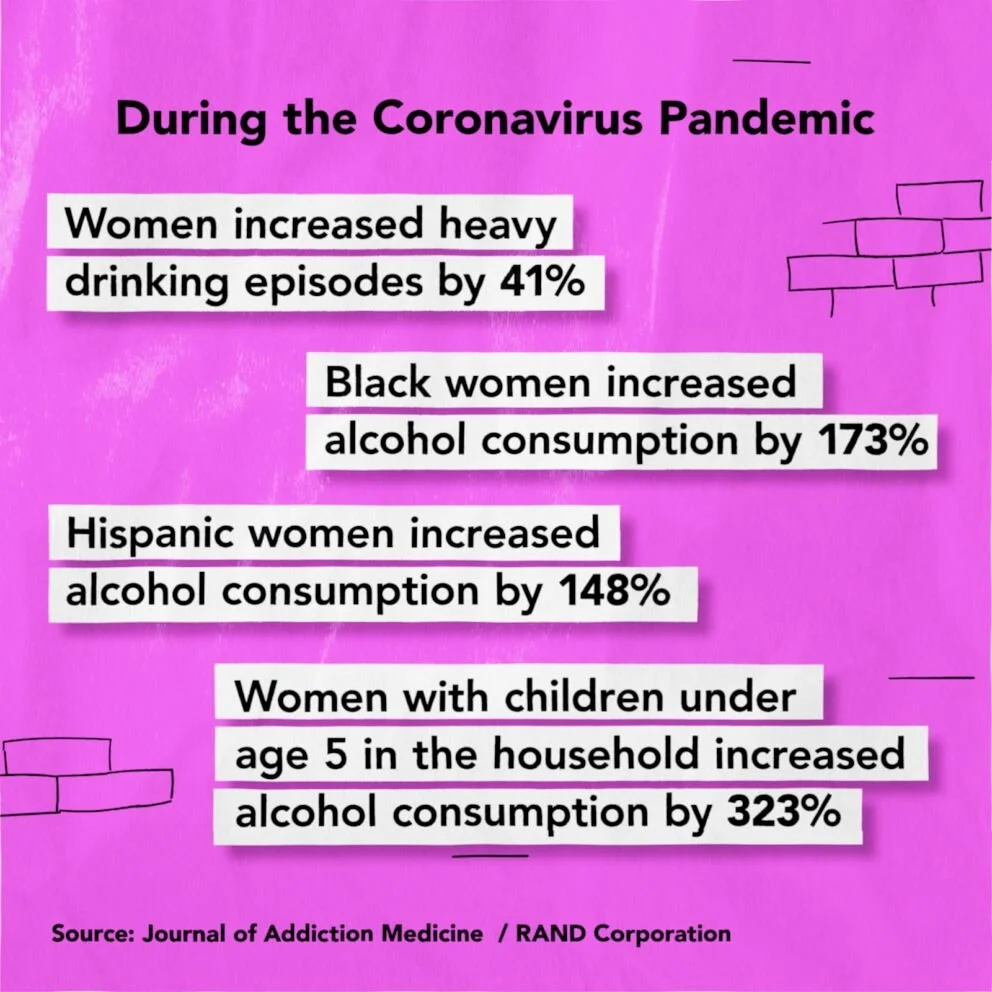Helping You Un-Wine: Holiday stress and Alcohol
/After shopping, baking, cooking, entertaining, being entertained and all the other holiday chaos, it’s common practice to want to reach for a glass of wine to relax. But will your glass of wine help or lead to more stress?
It’s become part of the cultural ethos of women, to turn to wine to help you unwind. Here is a round up of some good myth-busting articles on why it might not be the magic pill you’re looking for.
1.
Ch-ch-ch-changes…..
The Link Between Stress and Alcohol
This is a foundational and accessible article that goes into detail about what constitutes stress, but most importantly, the science behind what it looks like when alcohol is introduced to a body. Alcohol leaves the body more vulnerable than before it entered it, and changes how the body is able to respond to stress (aka low resilience). This means that you are likely to find yourself measurably more stressed after a few glasses of pinot grigio. According to the piece, “[a]lcohol prevents the body from returning to its initial hormonal balance point, forcing it to set a new point of physiological functioning. This is called allostasis. The establishment of a new balance point puts wear and tear on the body and increases the risk of serious disease.” This one is well worth a read!
2.
Yo Gabba Gabba
Have you ever felt edgy or cranky after a glass of wine? It’s not because you’re tired. Although you may feel the sedating effects of that first glass, as the buzz wears off and your blood alcohol content declines it disrupts levels of those fun neurotransmitters in your brain called gaba and glutathione - you know, the ones that regulate sleep, happiness, decision making, life itself. This can lead to feelings of sadness and anxiety. Dr David Nutt describes it all in his book called Drink? - although he’s talking about heavy drinking, it still explains some of the science behind how drinking affects your anxiety.
3.
As Annie Grace outlines in her book This Naked Mind: “A 2012 study shows that alcohol makes you less capable of dealing with stress and anxiety. Researchers gave mice doses of alcohol for a month, then ran tests to compare the mice that had been drinking with normal mice. The mice were put in stressful situations to measure their reactions. Alcohol literally rewired the mice’s brains to make them unable to deal with anxiety and stress.”*
We looked up the study. The title itself calls anxiety out as “fear of extinction,” which we know as fight or flight. The mice that were fed ethyl alcohol couldn’t respond in healthy ways as compared to mice that drank H2O. So ladies, get your Swell bottles at the ready and turn to it instead of a bottle of shiraz for enhanced resilience!
4.
Girl, don’t do it….
Sex differences in stress-related alcohol use
According to this 2019 study published in a journal called Neurobiology of Stress, women tend to turn to alcohol to regulate bad feelings of stress, anxiety, and depression more than men. This is not surprising to anyone who has seen the social media memes about moms drinking wine. The struggle is real. Men generally drink more as positive reinforcement, although this is very generalized and not specific to severe alcohol abuse. There are deep-seated neurobiological reasons why women are different to men in this regard, many of which begin in our teenage years, when we’re exposed to various traumas, stresses, or developmental changes. The stresses we are exposed to as teenagers impact how we respond to stress now, and play a part in our reliance on a fun glass of wine to alleviate stress and bad feelings.
5.
“Relying on alcohol to accrue pleasure or happiness, or even to suppress the stress for a while, can lead to significant health issues, and a bad habit is made that keeps one from learning how to cope with stressors in healthy ways. ”
This article by the Cleveland Clinic looks at the intersection of stress, alcohol, and COVID-19. Research is showing more and more women are drinking to cope with pandemic stress, so this article looks at the physical and behavioural impacts of a person having recently come to depend on alcohol to release anxiety and pandemic-related stress. The article interviews credible people like Cleveland Clinic’s Alcohol and Drug Recovery Centre’s counselor Denise Graham and liver specialist Christina Lindenmeyer. The piece goes into detail as to why a short-term dependency is ill-advised — it can lead to long-term dependence, ultimately leading to the exacerbation of stress and anxiety. The article also says that relying on alcohol to accrue pleasure or happiness, or even to suppress the stress for a while, can lead to significant health issues, and a bad habit is made that keeps one from learning how to cope with stressors in healthy ways.
6.
Unsurprisingly, Women Are Turning to Alcohol More to Cope With Pandemic Stress
Image COPYRIGHT GooD MORNING AMERICA 2021.
Though it might feel much, much longer, the pandemic has really been with us for less than two years. Within this short time, studies upon studies have popped up showing how women have been more severely impacted by the stressors of the pandemic than men.
According to the piece, women reported consuming alcohol 17 per cent more often in 2020 than they did in 2019, and reported 41 per cent more heavy drinking days. Meanwhile, men didn’t exhibit this same kind of increase, though they have always consumed more often and in greater quantities than women have. The aim of this article is to tell us that alcohol will never be a cure for stress. It states that as women have become more fearful, stressed, and distressed over the pandemic, the frequency of drinking to cope has increased. It cites a study showing that women have, in a sense, “caught up” to men when it comes to drinking. The piece then goes on to cite data stating that alcohol-related deaths have gone up, along with hospitalizations related to excessive alcohol consumption. “Women were already drinking more and experiencing more health consequences of drinking than in the past, and the pandemic may have exacerbated that trend,” is the scary reality - we were always headed this way, and the pandemic just pushed us over the brink. The piece ends on a sobering note: pay attention to how much you drink, and seek out healthy coping mechanisms.
“As women have become more fearful, stressed, and distressed over the pandemic, so has our drinking frequency increased.”
Let’s grab a glass of AF wine….
Turning to that glass of holiday wine needs a rethink, because it will never be a solution. When the buzz wears off, the problems of the holiday are still there and so is the stress. There’s a lot of great alcohol-free beer, wine and spirits out there to replace your drink, and maybe all you need is to find a quiet place to sit for a few minutes and let the stress drain away. Try it and let us know if it worked!
Happy Holidays!
*Grace, Annie. This Naked Mind (p. 239). Penguin Publishing Group. Kindle Edition.







